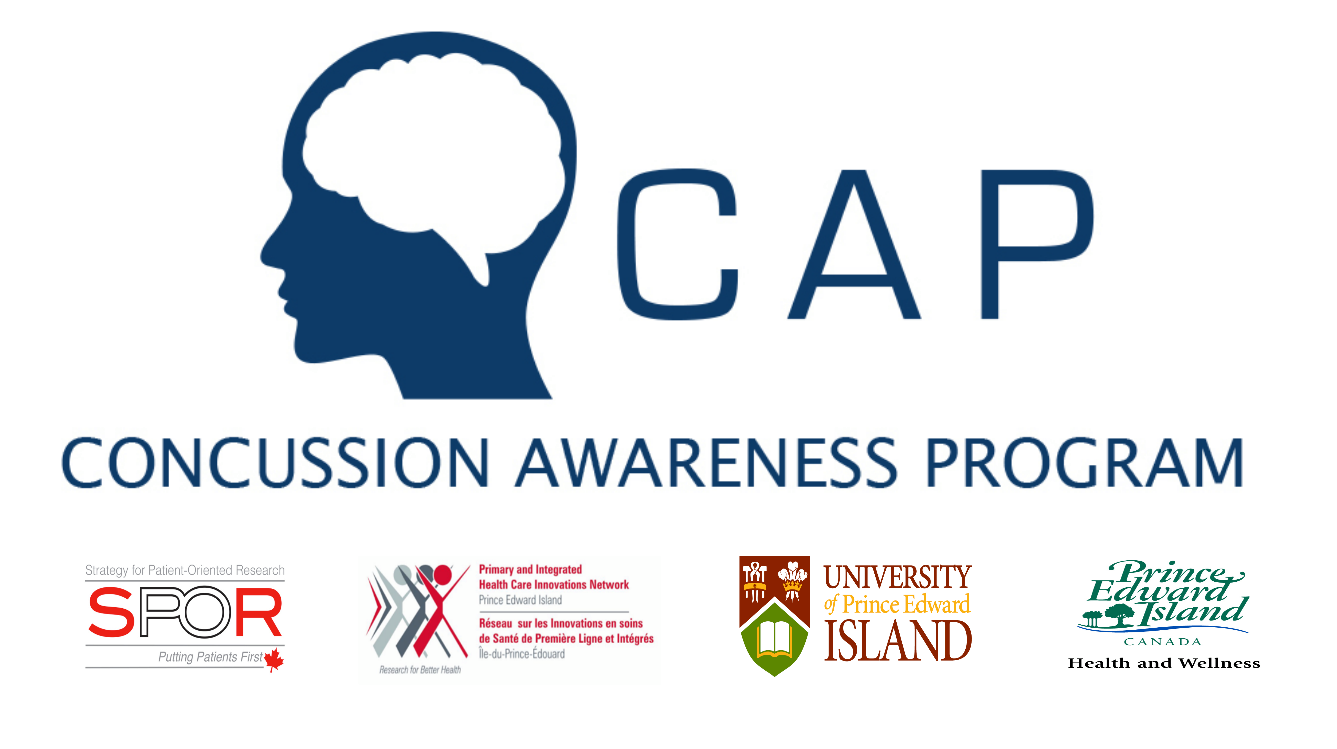
Home | Research | Education | Clinic | Resources |
Blood Biomarker Study- The purpose of this study is to develop tools to be used to determine whether you have a concussion, how bad it is and where you are in terms of recovery over time, objective measures of concussion status and severity, meaning that the measures are not biased by opinion and are the same no matter who takes them (accurate). Standard methods for concussion evaluation involve subjective determination by a healthcare provider, meaning that it is based on observation and patient-reported symptoms using tools such as the Sport Concussion Assessment Tool (SCAT) and the Balance Error Scoring System (BESS). While these tools offer an indication of whether a person has a concussion and how bad it is, using these tools as final tests for making decisions regarding returning to school, play or work is error prone and unclear, since these tests can be easily swayed by opinion. We hope that this research will lead to development of more accurate tests for concussion to help healthcare providers including your family physician and emergency room doctors make more accurate evaluations about how bad your concussion is and when you are fully recovered.
Exercise Rehabilitation: The purpose of the study is to explore the effectiveness of scheduled, monitored and graded exercise program consisting of sub-symptomatic, light aerobic exercise on symptom experience, anxiety and depression in patients with a persistent or complex concussion injury. Published literature has determined that during aerobic activity, intracranial blood flow increases(D. Zasler, 2007). When increasing blood flow to working muscles works as replenishing nutrients to the located area, which assists with decreasing recovery time of the onset of damaged tissue. We expect that the results of this work will contribute to decisions about an individual's return to work or play following a concussion injury as well as provide knowledge translation for better health practices concerning concussion injury management.
Knowledge Retention: The CAP aims to target an inclusive sample of all seventh grade students across the Prince Edward Island Public Schools Branch. By presenting the CAP educational modules to students within this age cohort it is expected that it will effect positive change in attitudes about concussion within an age appropriate cohort.